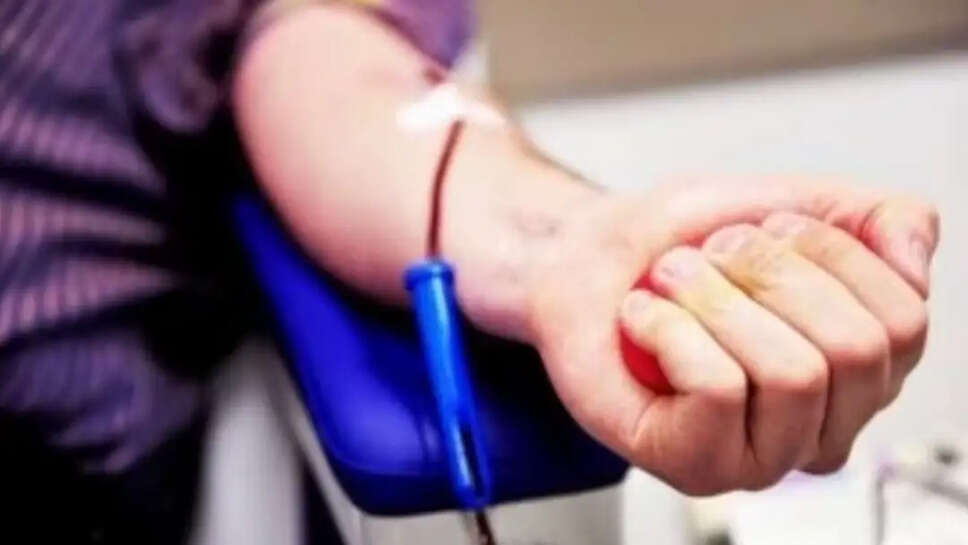Novel cancer therapy works for 73 per cent Indian patients in clinical trials: Why the Lancet report is significant
This is the first clinical trial of CAR T-cell therapy from India to be published in journal. The clinical trial results of India’s first CAR T-cell therapy, published in The Lancet, show that it worked for nearly 73 per cent of patients.
Mar 25, 2025, 05:42 IST

These results come from the Phase I and II trials of the therapy, where researchers assess its safety and effectiveness against a given condition.
A novel cancer therapy, India's first chimeric antigen receptor (CAR) T-cell treatment, has demonstrated a 73% response rate among Indian patients in clinical trials, according to a recent publication in The Lancet Haematology.
Understanding CAR T-Cell Therapy
CAR T-cell therapy involves modifying a patient's own T-cells to recognize and attack cancer cells. This approach has shown promise in treating specific blood cancers, particularly in patients whose cancer has relapsed or is refractory to standard treatments.
Clinical Trial Insights
The clinical trials, conducted in India, focused on patients with relapsed or refractory B-cell malignancies, including leukemia and lymphoma. The therapy, known as talicabtagene autoleucel, was evaluated for safety and efficacy. The results indicated a 73% overall response rate, with 60% of patients achieving complete remission.
Significance of the Findings
These findings are significant for several reasons:
1. Global Recognition: This marks the first time an Indian-developed CAR T-cell therapy's clinical trial results have been published in an international journal, highlighting the country's growing capabilities in advanced medical research.
2. Cost-Effective Treatment: The indigenously developed therapy is reportedly 1/20th the cost of similar treatments available globally, potentially improving accessibility for patients in low- and middle-income countries.
3. Regulatory Milestone: The therapy received approval to proceed without a large Phase III trial, with a commitment to 15 years of patient follow-up, reflecting confidence in its safety and efficacy based on Phase I and II results.
Looking Ahead
While these results are promising, ongoing monitoring and further studies are essential to assess the long-term effectiveness and safety of the therapy. The success of this treatment could pave the way for more affordable and accessible cancer therapies developed within India, benefiting patients both domestically and internationally.
